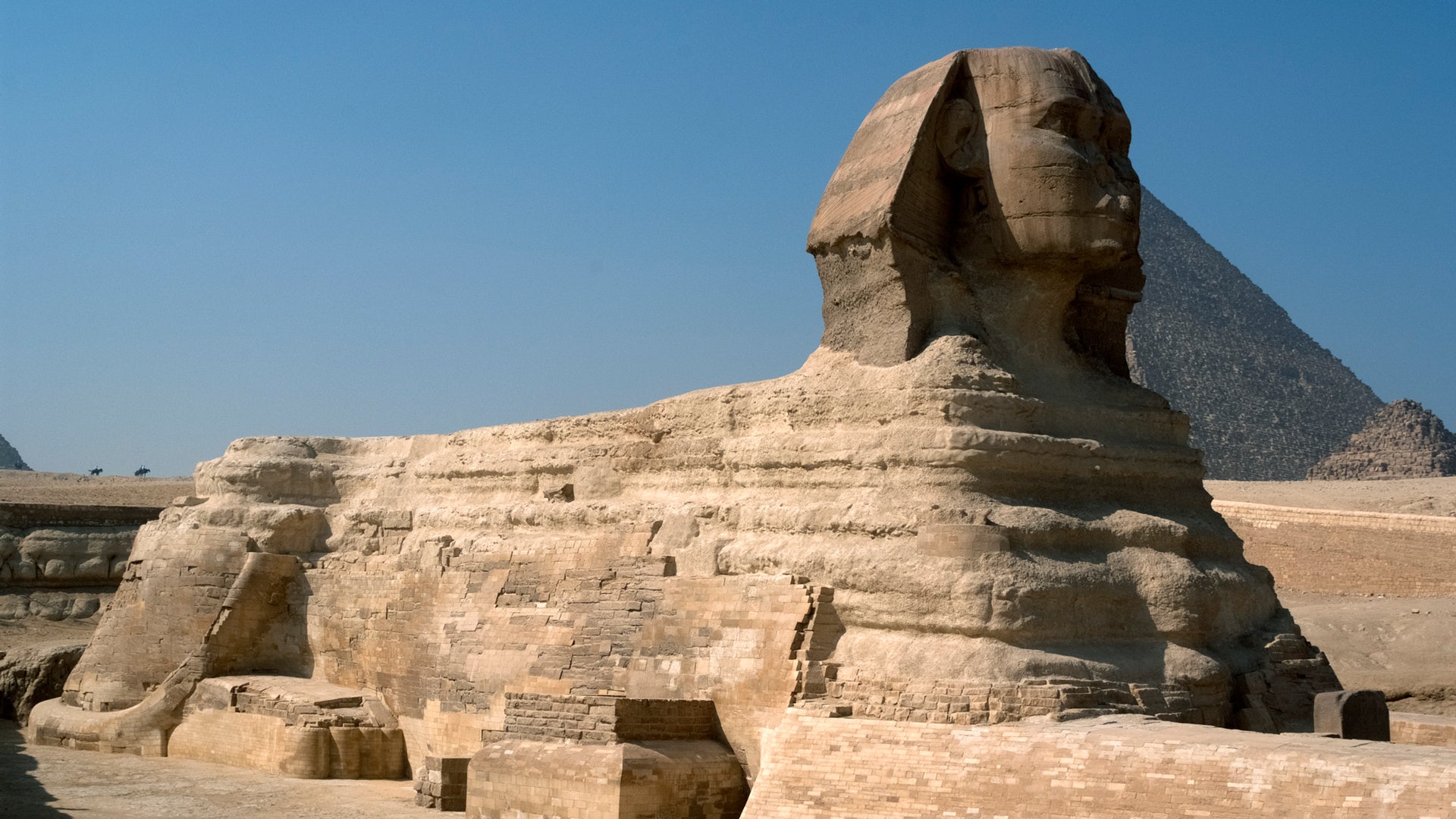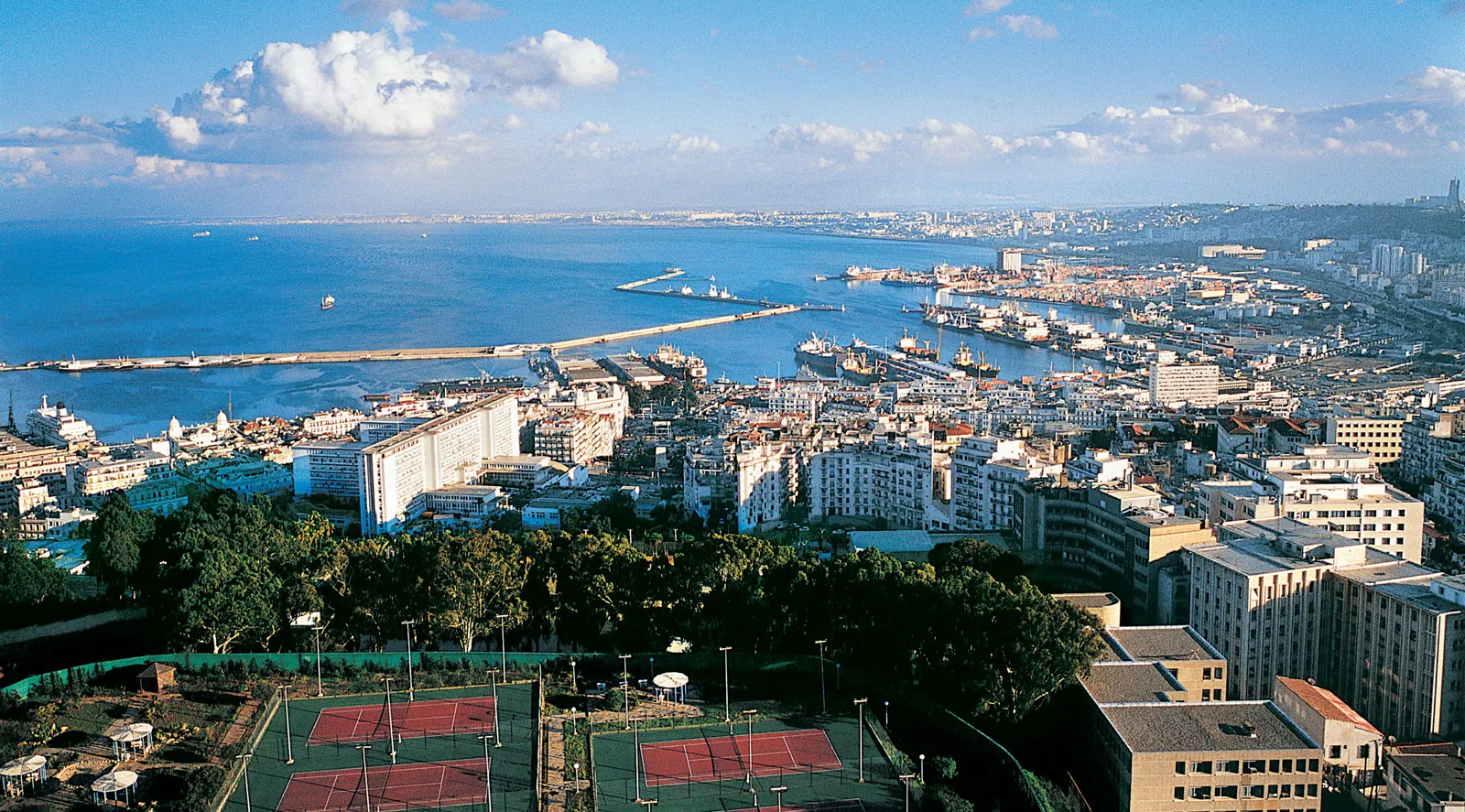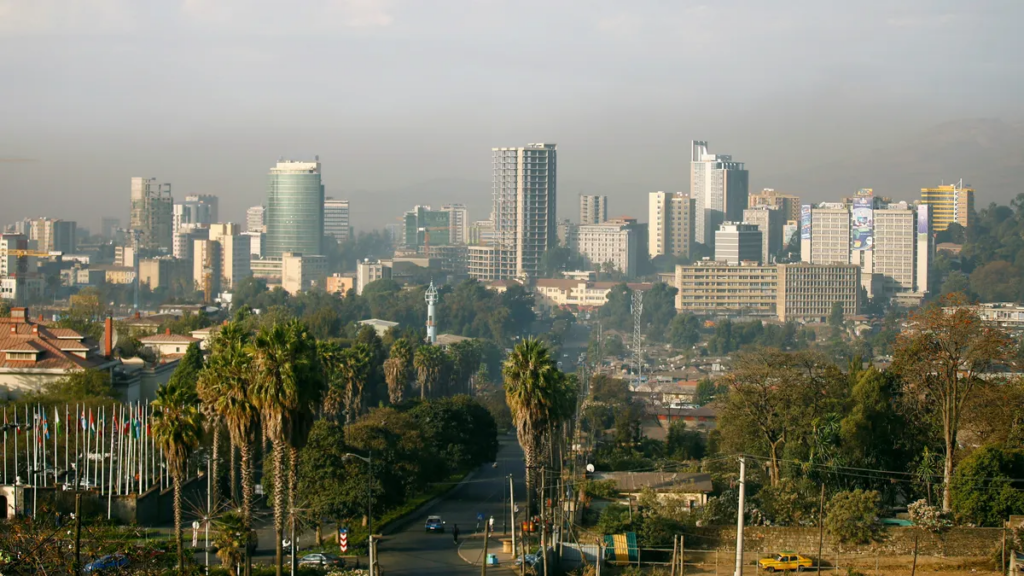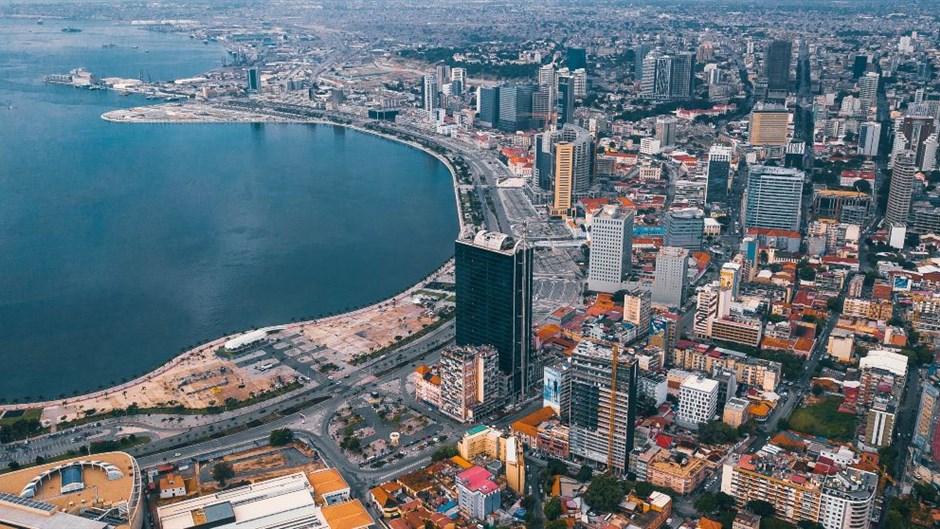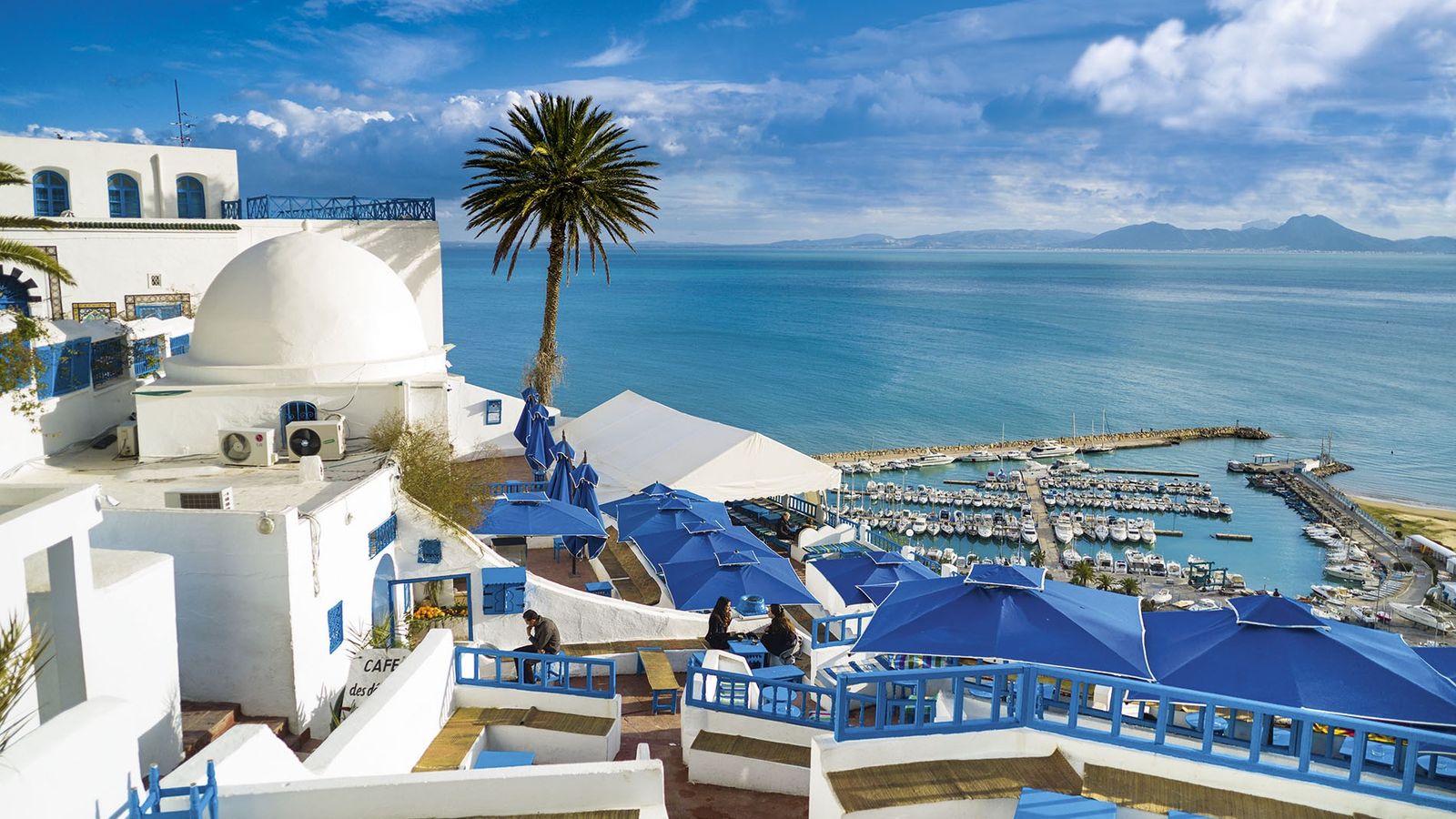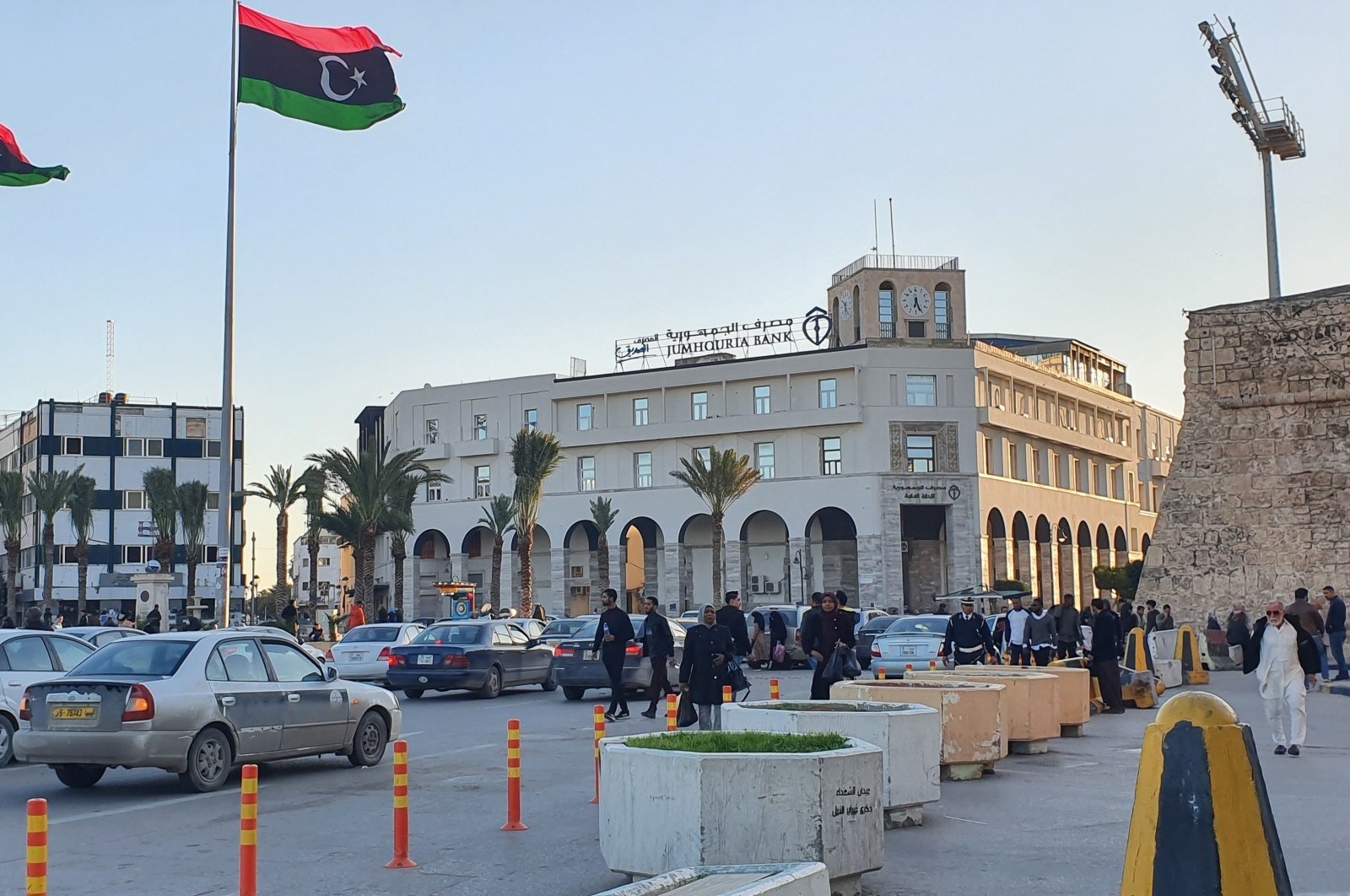Top Lists
Top 10 Most Powerful Countries in Africa (2023)
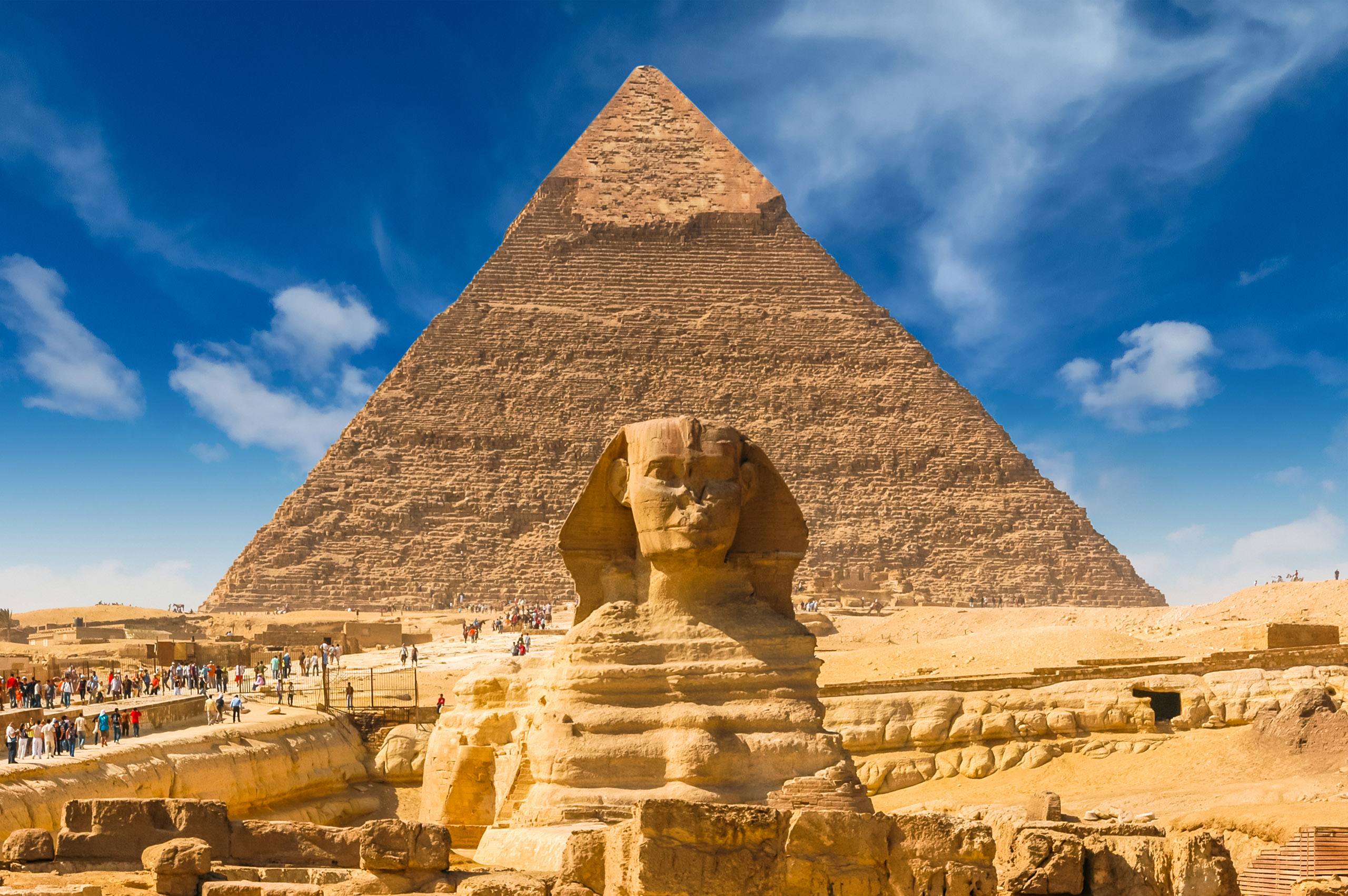
Africa is a continent with a rich history and diverse cultures. It is also a continent with a wide range of power dynamics. The most powerful countries in Africa boast a number of things which can be measured in a number of ways such as military strength, economic strength, technological advancement, political stability, and soft power.
Africa is a continent of great diversity, with over 50 countries and a population of over 1.2 billion people. The continent is also home to a wide range of cultures, languages, and religion
These are just a few of the factors that contribute to a country’s overall strength. The true measure of a country’s power is its ability to achieve its goals, both domestically and internationally.
The top 10 most powerful countries in Africa are constantly changing, as countries’ power ebbs and flows. However, these countries are all major players in the African continent and have a significant impact on the global stage.
Top 10 Most Powerful Countries in Africa
Here is a table of the top 10 most powerful countries in Africa, according to the Global Firepower Index:
| Rank | Country | Power Index Score |
|---|---|---|
| 1 | Egypt | 0.22 |
| 2 | Algeria | 0.39 |
| 3 | South Africa | 0.48 |
| 4 | Nigeria | 0.55 |
| 5 | Ethiopia | 0.79 |
| 6 | Angola | 0.87 |
| 7 | Tunisia | 1.32 |
| 8 | Libya | 1.47 |
| 9 | Uganda | 1.62 |
| 10 | Kenya | 1.77 |
1. Egypt
Egypt is the most powerful country in Africa and it is located in the northeastern corner of Africa. It is bordered by Libya to the west, Sudan to the south, the Gaza Strip and Israel to the east, and the Mediterranean Sea to the north. The capital of Egypt is Cairo, which is the largest city in Africa.
Egypt has a long and rich history. It is the home of one of the world’s oldest civilizations, dating back to over 5,000 years ago. The ancient Egyptians built the pyramids, one of the Seven Wonders of the World, and developed a sophisticated writing system, mathematics, and astronomy. Egypt was also a major power in the ancient world, and its influence can be seen in many other cultures around the world.
2. Algeria
Algeria is a country in North Africa. It is the largest country in Africa by land area, and the 10th largest country in the world. Algeria is bordered by Morocco to the west, Tunisia and Libya to the east, Niger, Mali, and Mauritania to the south, and the Mediterranean Sea to the north.
The capital of Algeria is Algiers, which is the largest city in the country. Algeria has a population of over 44 million people, making it the 32nd most populous country in the world. The official languages of Algeria are Arabic and Tamazight. Moreso, the majority of Algerians are Muslims, but there is also a significant Christian minority.
Algeria has a rich history dating back to the ancient Berber civilization. Algeria was a French colony from 1830 to 1962. Algeria fought a long and bloody war of independence against France.
3. South Africa
Another country among the most powerful countries in Africa is South Africa; it is a country located at the southernmost tip of Africa. It is a developed country with a strong economy and a diversified industrial base.
South Africa is also a major producer of minerals, including gold, diamonds, and platinum. In terms of military strength, South Africa has the largest and most well-equipped military in Africa. It is also a member of the BRICS group of emerging economies, which gives it significant political and economic clout.
South Africa is a multi-cultural society with a rich history and diverse population. The country is home to 11 official languages, reflecting its diversity. South Africa is also a popular tourist destination, known for its beautiful scenery, diverse wildlife, and vibrant culture.
4. Nigeria
Nigeria is a country located in West Africa. It is the most populous country in Africa, with a population of over 216 million people. Nigeria is also a member of the top 10 most powerful countries in Africa, according to the Global Firepower Index.
This is due to its large population, strong economy, and significant military capabilities. Nigeria’s military is the largest in Africa, and its economy is the largest in Africa by nominal GDP and the second largest by purchasing power parity.
Nigeria is a major oil producer, and its oil reserves are the ninth largest in the world. The country’s economy is also diversified, with other sectors such as agriculture, manufacturing, and services playing a significant role.
5. Ethiopia
Ethiopia is a country located in the Horn of Africa. It is the second most populous country in Africa, with a population of over 115 million people. The capital of Ethiopia is Addis Ababa, which is also the largest city in the country.
Ethiopia is a federal republic, with a bicameral legislature. The official languages of Ethiopia are Amharic and Tigrinya, but there are over 80 other languages spoken in the country. The majority of Ethiopians are Christians, but there is also a significant Muslim minority.
Ethiopia’s economy is the second largest in East Africa, and it is a major producer of coffee, oilseeds, and livestock. Ethiopia is a member of the United Nations, the African Union, and the Intergovernmental Authority on Development.
6. Angola
Angola too is among the top 10 most powerful countries in Africa; it is a country located in Southern Africa. It is the second largest country in sub-Saharan Africa by land area, after Sudan.
Angola has a population of over 33 million people. The capital of Angola is Luanda, which is also the largest city in the country. Angola is a former Portuguese colony, and it gained its independence in 1975.
Angola is a member of the United Nations, the African Union, and the Southern African Development Community (SADC). It is also a member of the Organization of Petroleum Exporting Countries (OPEC). Angola is a major oil producer, and its oil reserves are the 13th largest in the world. The country’s economy is also diversified, with other sectors such as agriculture, manufacturing, and services playing a significant role.
7. Tunisia
Tunisia is a country located in North Africa. It is bordered by Algeria to the west, Libya to the southeast, and the Mediterranean Sea to the north and east. Tunisia has a population of over 11 million people. The capital of Tunisia is Tunis, which is also the largest city in the country. Tunisia is a former French colony, and it gained its independence in 1956.
Tunisia is a member of the United Nations, the African Union, and the Arab League. It is also a founding member of the Organization of Islamic Cooperation (OIC). Tunisia is a relatively small country, but it has a strategic location in the Mediterranean Sea. The country is also a major tourist destination, known for its beaches, history, and culture.
Tunisia is considered to be one of the most stable and democratic countries in Africa. It has a strong economy, and it is a major producer of olive oil, textiles, and phosphates. Tunisia is also a leader in renewable energy, and it is aiming to become the first country in Africa to achieve carbon neutrality by 2050.
8. Libya
Libya is a country located in North Africa. It is bordered by Tunisia to the east, Algeria to the west, Niger to the south, and the Mediterranean Sea to the north. Libya has a population of over 7 million people. The capital of Libya is Tripoli, which is also the largest city in the country. Libya is a former Italian colony, and it gained its independence in 1951.
Libya is a member of the United Nations, the African Union, and the Arab League. It is also a founding member of the Organization of Petroleum Exporting Countries (OPEC). Libya is a major oil producer, and its oil reserves are the 9th largest in the world. The country’s economy is also diversified, with other sectors such as agriculture, manufacturing, and services playing a significant role.
Libya is a relatively young country, and it has been through a lot of political instability in recent years. The country was ruled by Muammar Gaddafi for 42 years until he was overthrown in a revolution in 2011. Since then, Libya has been divided between rival factions, and it has been plagued by violence and instability.
9. Uganda
Uganda is a landlocked country located in East Africa. It is bordered by Kenya to the east, Tanzania to the south, Rwanda, South Sudan, and the Democratic Republic of the Congo to the west, and Sudan to the north. Uganda has a population of over 45 million people. The capital of Uganda is Kampala, which is also the largest city in the country.
Uganda is a member of the United Nations, the African Union, the Commonwealth of Nations, and the East African Community. It is also a founding member of the Organization of African Unity (OAU). Uganda is a relatively poor country, but it has made significant progress in recent years. The economy is growing, and the government is investing in education and healthcare.
Uganda is known for its beautiful scenery, including the Rwenzori Mountains, the Murchison Falls National Park, and the Queen Elizabeth National Park. The country is also home to a variety of wildlife, including lions, elephants, and chimpanzees.
10. Kenya
Kenya is also an Eastern African country and it is one of the most powerful countries in Africa. It is bordered by Ethiopia to the north, Somalia to the east, Tanzania to the south, Uganda to the west, and South Sudan to the northwest. Kenya has a population of over 54 million people. The capital of Kenya is Nairobi, which is also the largest city in the country.
Kenya is known for its beautiful scenery, including the Great Rift Valley, the Maasai Mara National Reserve, and the Mount Kenya National Park. The country is also home to a variety of wildlife, including lions, elephants, and zebras.
Kenya is a member of the United Nations, the African Union, the Commonwealth of Nations, and the East African Community. It is also a founding member of the Organization of African Unity (OAU). Kenya is a relatively poor country, but it has made significant progress in recent years. The economy is growing, and the government is investing in education and healthcare.
Conclusion
We have discussed the top 10 most powerful countries in Africa, as well as some other countries that are considered to be potential powerhouses in the continent. These countries have a variety of strengths, including large populations, growing economies, and significant natural resources. However, they also face a number of challenges, including poverty, corruption, and political instability.
The future of Africa is uncertain, but the potential for these countries to become major players in the global economy is great. If they can overcome the challenges they face, they can have a significant impact on the world in the years to come.

